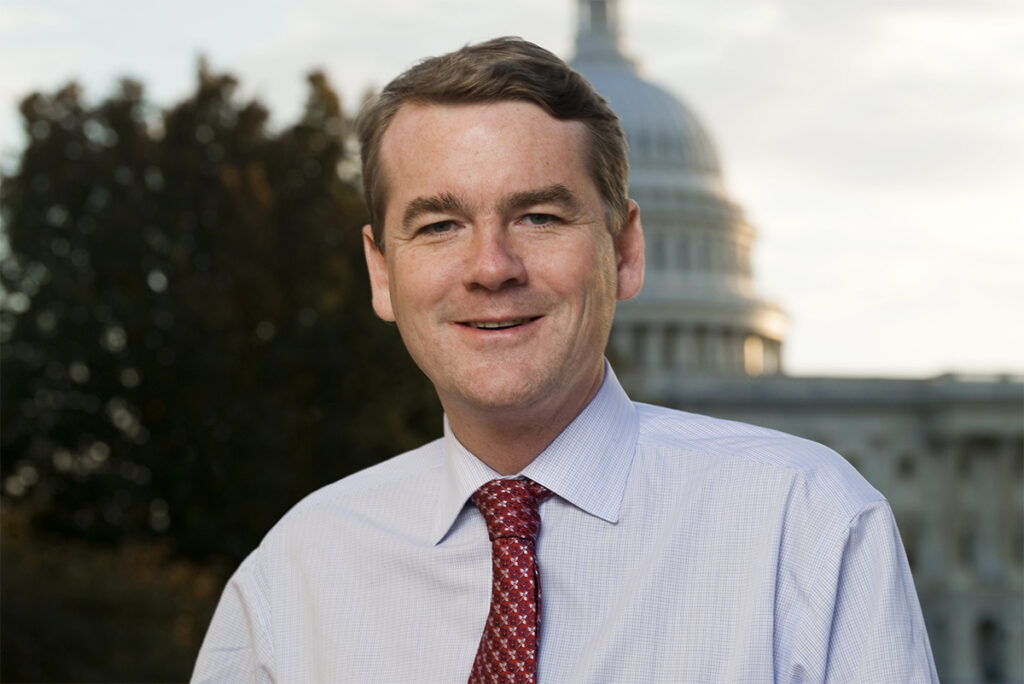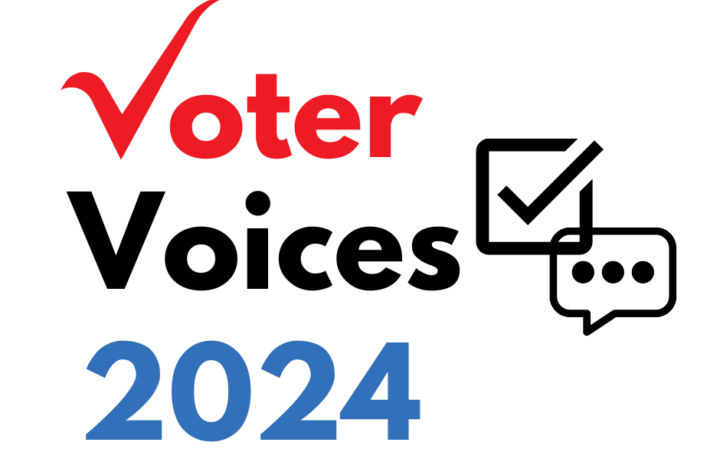
The opinions, beliefs and viewpoints expressed by our guest columnists do not reflect the opinions, beliefs and viewpoints of this publication.
By US Senator Michael Bennet (D-CO)
Haga click aquí para leer la versión en español
This April, our government will conduct the census, the constitutionally mandated headcount of everyone living in the United States every 10 years. The census does not often grab headlines, but it is critical for Colorado for two key reasons.
First, Washington uses population data from the census to help determine the federal resources Colorado receives. As a result, low participation could mean less money for vital programs such as Medicaid, housing vouchers, nutrition assistance, free and reduced school meals, and funding for local transportation. In other words, an undercount would reduce resources for our communities and directly harm Coloradans.
Second, census data determines how many Congressional districts each state receives, which has direct consequences for our elections and decision-making power in Congress. Census data decides how many representatives Colorado has in Congress and how many Electoral College votes we have in the presidential election. If we do not fully participate, it will weaken our voice in Washington. On the other hand, if an accurate count is conducted, our state’s rapid growth since the last census in 2010 gives us a strong chance to gain a new congressional seat and strengthen our voice in Congress. Put simply, strong participation is essential for ensuring Colorado has the resources and representation we deserve.
Over the past three years, however, actions by the Trump Administration have sown confusion and fear — especially in our immigrant communities — that risk lowering Colorado’s participation in the census. The president’s hateful rhetoric, combined with his cruel policies of family separation and indiscriminate deportation, have made immigrant communities more afraid to engage with the federal government. Some worry that answering the census could give federal immigration agencies their personal information, increasing their risk of deportation.
As a result, many immigrant households may choose not to participate, lowering Colorado’s resources and representation. This is no accident. The president’s attempt to add a question about citizenship status to the census, for example, was a clear attempt to intimidate immigrant communities from participating.
We cannot let him succeed. We have to address the confusion and fear that could lower Colorado’s count. First, there will be no question about citizenship status on the census — the Supreme Court has rejected that proposal. Second, information published by the census will not include any personally identifiable information. Finally, federal law prohibits the U.S. Census Bureau from sharing data collected with any other government or law enforcement entity.
Given the stakes, it is critically important that all of us help address these misconceptions, allay people’s fears, and reassure them that participating in the census will not result in law enforcement obtaining their personal information or have any effect on their immigration status. As we address falsehoods about the census, we should also actively encourage participation from historically undercounted communities — not only immigrants, but also families with young children, senior citizens, and the homeless. Next year, every household will receive an invitation to the 2020 census by mail, and we will have the option to respond online, by mail, or over the phone. It will be easier than ever for Coloradans to participate, and through one-on-one conversations with friends, neighbors, and family members in the months to come, we can make sure that everyone does.






otras noticias
COVID-19 Affected Individuals Live with its Effects
The gorillas of AMLO
Celebrating the Board of Directors (2024-2025) of the COHCC.